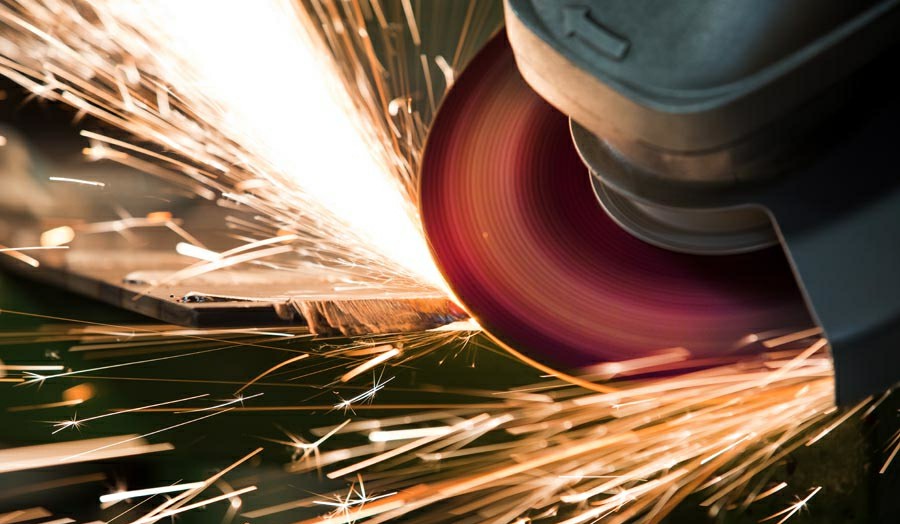


 349,500 Offered Certificates
349,500 Offered Certificates
 24/7 Online Training
24/7 Online Training
 Money Back Guarantee
Money Back Guarantee
 Fully Accredited Courses
Fully Accredited Courses

Created at: 22-02-2025 21:02
Abrasive wheels are essential tools in various industries across Ireland, utilized for cutting, grinding, and polishing. However, they come with significant risks that can lead to serious injuries. Understanding these risks and implementing safety protocols is crucial for workers and employers alike. In this blog, we will explore the hazards associated with abrasive wheels, common injuries, and effective strategies to mitigate these dangers through proper training, use of personal protective equipment (PPE), and robust risk assessments.
Abrasive wheels consist of a bonded material that can grind or cut through various substances like metal or masonry. While they are powerful and efficient tools, they can also become dangerous if not handled correctly. The primary risks associated with abrasive wheels include:
Injuries arising from the misuse of abrasive wheels can be severe and often include:
Effective training is fundamental to ensuring the safe use of abrasive wheels. Abrasive Wheels training in Dublin and other major cities in Ireland provides workers with essential skills and knowledge to operate these tools safely. Key components of training include:
PPE plays a critical role in protecting workers from abrasive wheels hazards. Essential PPE includes:
Regular risk assessments are essential for identifying potential hazards associated with abrasive wheel operations. Employers in Cork, Galway, Limerick, Waterford, and beyond should:
To ensure safety in the workplace, businesses should adopt best practices, which include:
The dangers associated with abrasive wheels are significant, yet preventable with the right approach to safety. By enrolling in Abrasive Wheels Course Dublin, Abrasive Wheels Certification Cork, or other relevant training programs across Ireland, both workers and employers can create a safer workplace environment. Don’t wait until an accident occurs; take proactive steps today to ensure compliance and safety.
For more information on certified abrasive wheels training and to understand how to keep your workplace safe, contact us at [email protected].